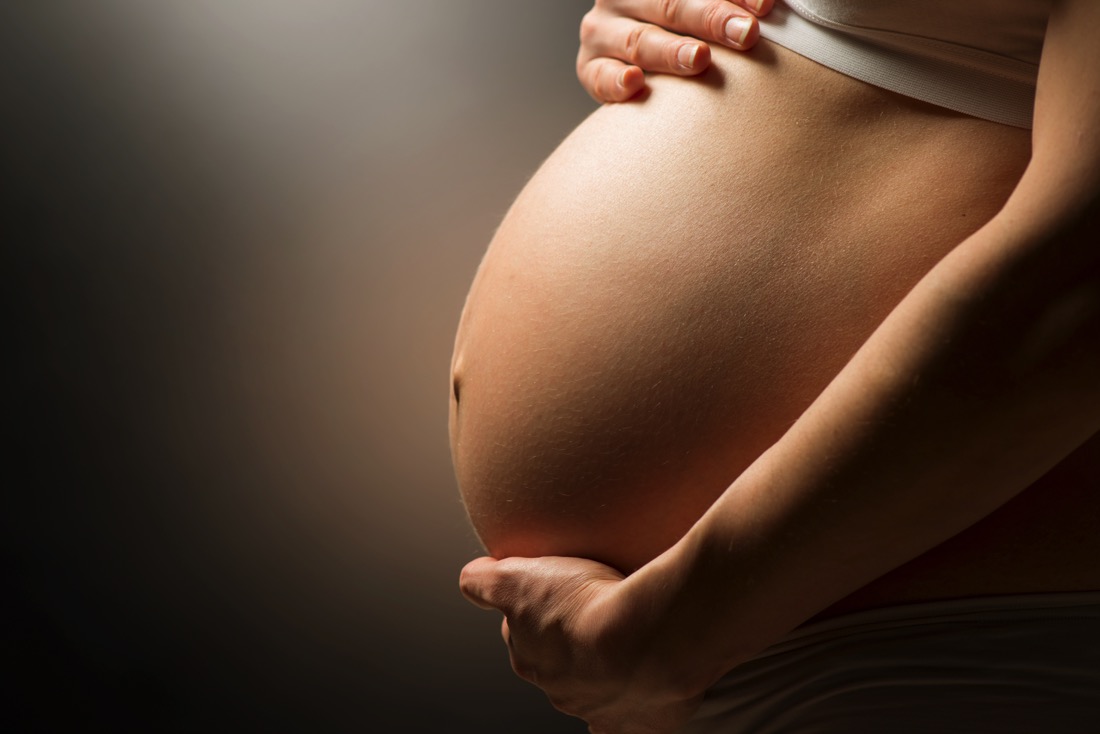If gestational diabetes in pregnant women remains undiagnosed, there is increased risk of stillbirth
Women who develop diabetes in pregnancy but are not diagnosed are much more likely to experience stillbirth.
The study, led by the University of Leeds and the University of Manchester, found that the risk of stillbirth was over four-times higher in women with undiagnosed gestational diabetes.
However, with appropriate screening and diagnosis that increased risk of stillbirth disappeared.
Funded by the charities Action Medical Research, Cure Kids, Sands and Tommy’s, the study compared the symptoms and care of 291 women who experienced a stillbirth to 733 similar women who did not experience a stillbirth across 41 maternity units in England.
The National Institute for Care Excellence (NICE) recommends that all women at a higher risk of gestational diabetes should receive blood screening for the condition
Researchers found that across all women with high blood sugar, measured after a period of fasting, they had on average twice the risk of stillbirth than women without the condition.
The increased risk was likely to be caused by the missed diagnoses and lack of subsequent care experienced by many of the women. However the results show an association only, and cannot provide certainty about cause and effect. There are many other factors that lead to stillbirth.
The new research was published in BJOG: An International Journal of Obstetrics and Gynaecology.
Dr Tomasina Stacey, who led the study at the University of Leeds and now works at the University of Huddersfield, said: “There’s good news and there’s bad news. The good news is that women with gestational diabetes have no increase in stillbirth risk if national guidelines are followed for screening, diagnosis and management. The bad news is that the guidelines are not always followed and some women therefore experience avoidably higher risk.”
According to recent figures, approximately 5% of women in the UK experience gestational diabetes during pregnancy.
The National Institute for Care Excellence (NICE) recommends that all women at a higher risk of gestational diabetes should receive blood screening for the condition: this includes women with a raised body mass index (a BMI of over 30), or from South Asian or Black Caribbean ethnic groups.


